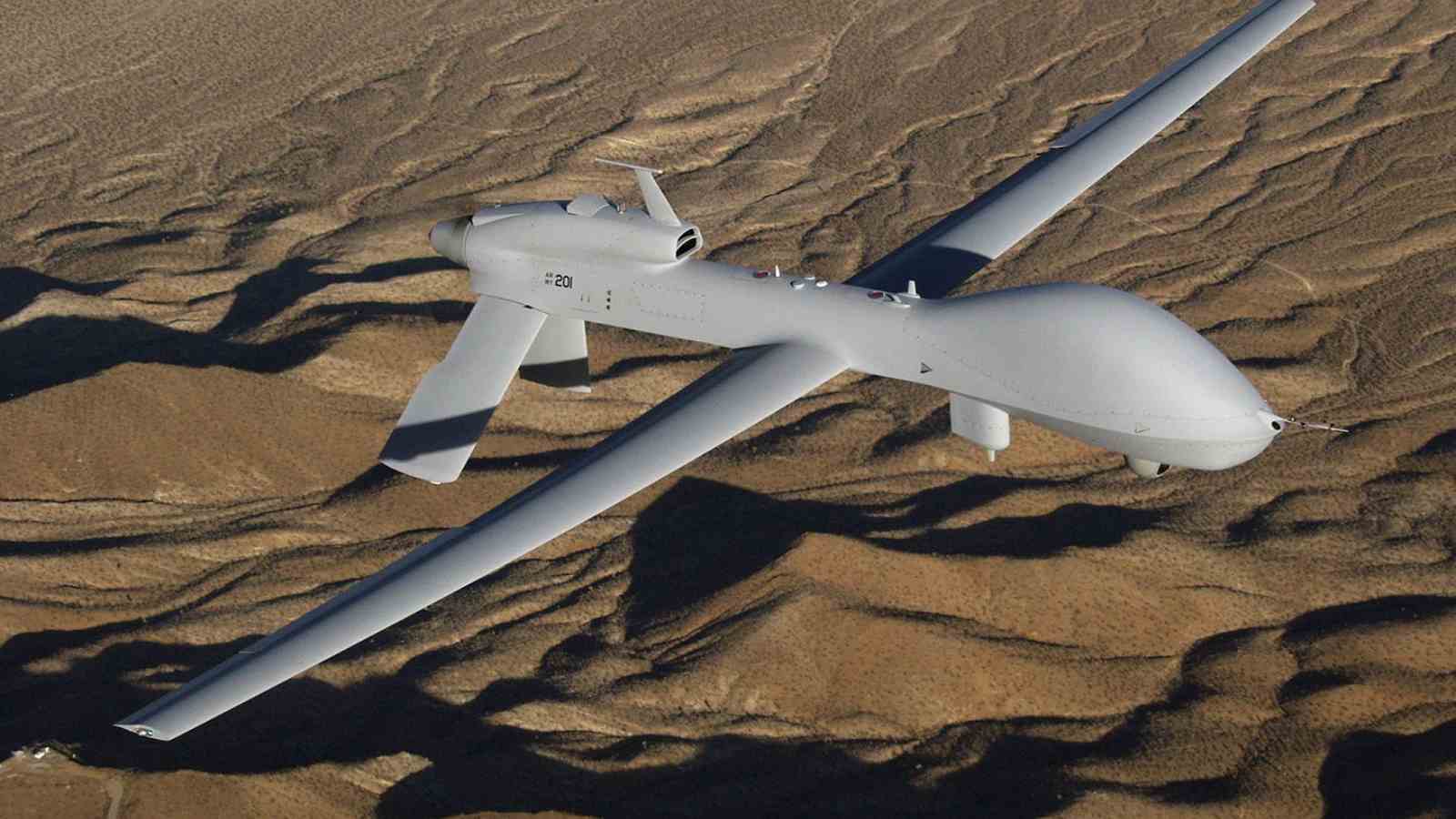Drone Tech Budget 2024: Over the past several years, the drone technology industry has grown to become one of the most important in the nation. It has the potential to revolutionise a number of industries, including manufacturing, other industries, the agricultural and defence sectors, and more.
Over the last ten or so years, a lot of Indian businesses have emerged in the drone industry as a result of the growing demand and usage of drones. Based on Inc42’s Indian Drone Tech Startup Landscape & Market Opportunity Report 2023, it is anticipated that the drone market in India would grow from $2.71 billion in 2022 to $13 billion by 2030.
Presently, the nation is home to more than 200 drone technology businesses vying for market share in this rapidly expanding industry. Among the drone tech firms in the nation are Garuda Aerospace, Marut Drones, BonV Aero, Skylark Drones, Skye Air Mobility, and Preimage. Additionally, ideaForge and DroneAcharya Aerial Innovations, two drone technology businesses, have gone on to list on the exchanges.
Recognising the increasing significance of drones, the government has implemented many measures to advance the sector and establish India as a drone centre by 2030.
Airbus receives an order for up to 82 H145M helicopters for German forces
Drone Tech Budget 2024
Nonetheless, the drone technology firms feel that more needs to be done to support the industry’s expansion, and they are expecting that when Finance Minister Nirmala Sitharaman delivers the interim Budget to the Parliament on February 1, some of their requests will be met.
The drone technology industry has a large wish list for the next Budget, ranging from incentives for research and development (R&D) to the expansion of the PLI programme for drones and further relaxation of restrictions. Let’s examine a few of the most important requirements.
In recent years, the government has implemented many measures aimed at simplifying regulations and reducing the burden of compliance for the drone industry, which was previously subject to strict laws. For the drone tech business, the regulatory procedure has become easier with the relaxation of drone laws and the Directorate General of Civil Aviation‘s (DGCA) introduction of the Digital Sky Platform.
However, the industry’s entrepreneurs are calling for even more streamlining of regulations and expedited licencing procedures for drone operations, particularly about urban air mobility solutions that cover applications like delivery of food and medication.
Easing Regulations & Extension Of PLI Scheme
“Startups are requesting the easing of some regulations, such as no-fly zones and height limitations. Regarding urban air mobility, drone entrepreneurs should anticipate regulatory backing for their testing and execution of urban air transportation solutions. The creation of proper infrastructure and cooperation with urban planning authorities may be necessary for this, according to DroneAcharya founder and managing director Prateek Srivastava.
Prem Kumar Vislawath, the CEO and creator of Marut Drones, had a similar view when he stated, “Quick approvals and improved regulations will enable the drone sector to realise its full potential and establish India as a drone hub by 2030.”



